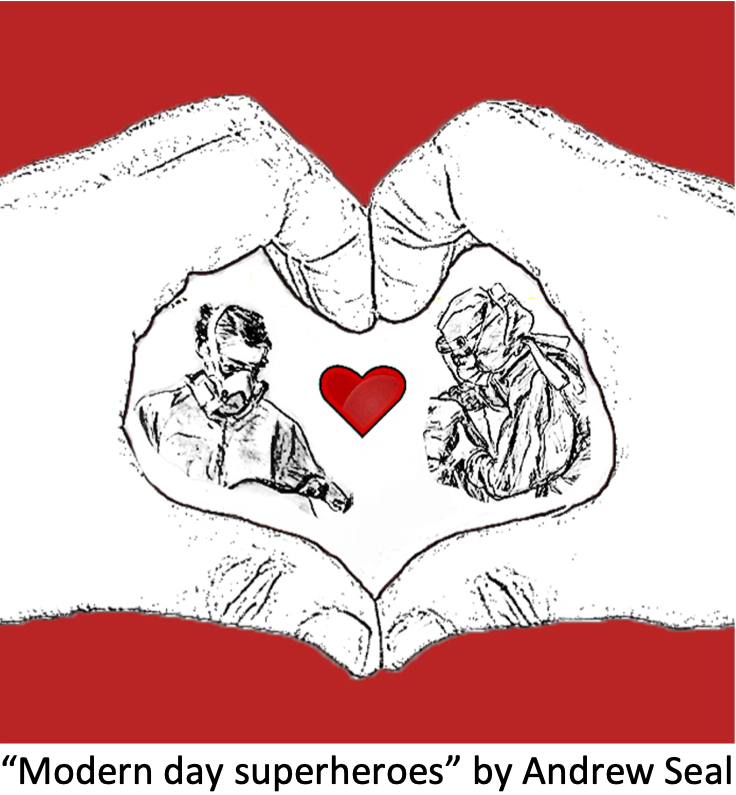Determinants of mental health professionals’ attitudes towards recovery: a review
DOI:
https://doi.org/10.36834/cmej.61273Abstract
Objective: The attitudes of mental health professionals towards consumers’ recovery are far more pessimistic than what is needed for the recovery-orientation to truly permeate systems of care. It has become pressing to depict determinants for these attitudes and how they evolve during professionalization. This, in the hopes to adjust not only medical education, but also ongoing training of professionals.
Methods: A systematic search of PubMed and PsycINFO databases was conducted, yielding a net 15 303 records. Twenty-two publications from specific educational journals and reference lists were added. Finally, thirty-four full texts were read, from which twenty-two articles were included.
Results: From the reviewed studies emerged five main determinants: profession, education, age, clinical experience, and nature of the contact with consumers. Traditional clinical placements during residency, negative experiences with acute patients, younger age and the professional attitudes of psychiatrists seem to all be determining factors for professionals’ pessimistic attitudes towards recovery.
Conclusions: This review found specific determinants for attitudes in recovery and four out of five can be acted upon. For a recovery-orientation to be implemented across our mental health system, we formulate recommendations within the Canadian context for revision of curriculum, recovery-specific training, and operationalisation through state/provincial technical assistance centers.
Downloads
Published
Issue
Section
License
Copyright (c) 2020 Mimosa Luigi, Filippo Rapisarda, Marc Corbière, Luigi De Benedictis, Anne-Marie Bouchard, Amélie Felx, Massimo Miglioretti, Amal Abdel-Baki, Alain Lesage

This work is licensed under a Creative Commons Attribution-NonCommercial-NoDerivatives 4.0 International License.
Submission of an original manuscript to the Canadian Medical Education Journal will be taken to mean that it represents original work not previously published, that it is not being considered elsewhere for publication. If accepted for publication, it will be published online and it will not be published elsewhere in the same form, for commercial purposes, in any language, without the consent of the publisher.
Authors who publish in the Canadian Medical Education Journal agree to release their articles under the Creative Commons Attribution-Noncommercial-No Derivative Works 4.0 Canada Licence. This licence allows anyone to copy and distribute the article for non-commercial purposes provided that appropriate attribution is given. For details of the rights an author grants users of their work, please see the licence summary and the full licence.











